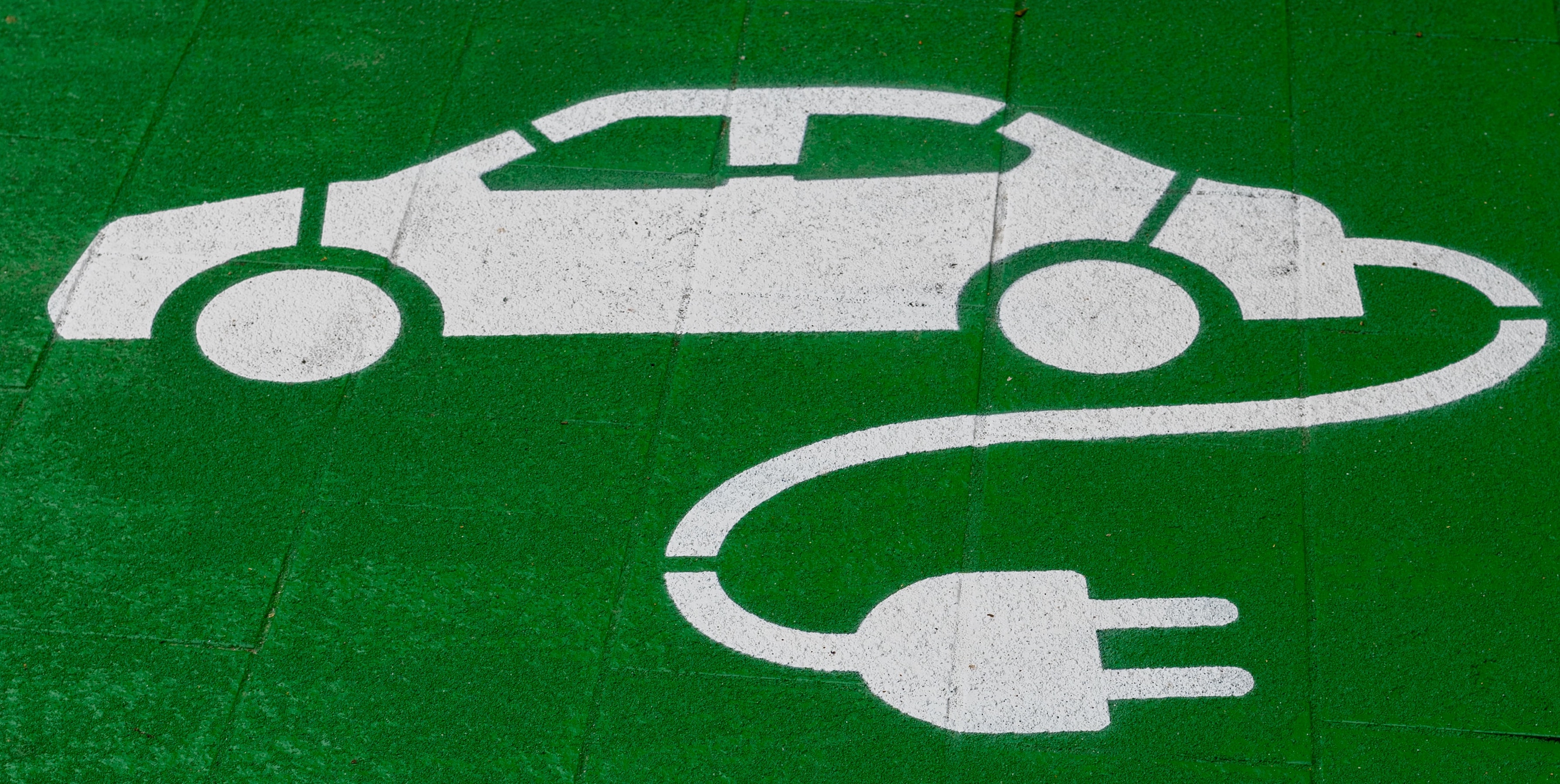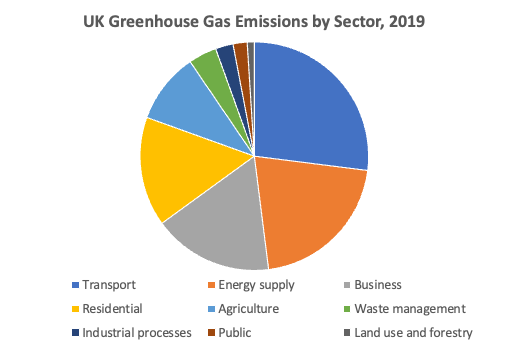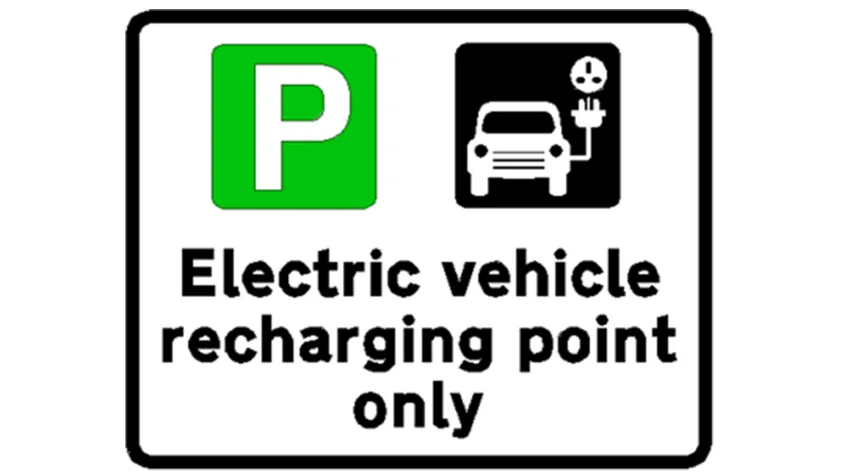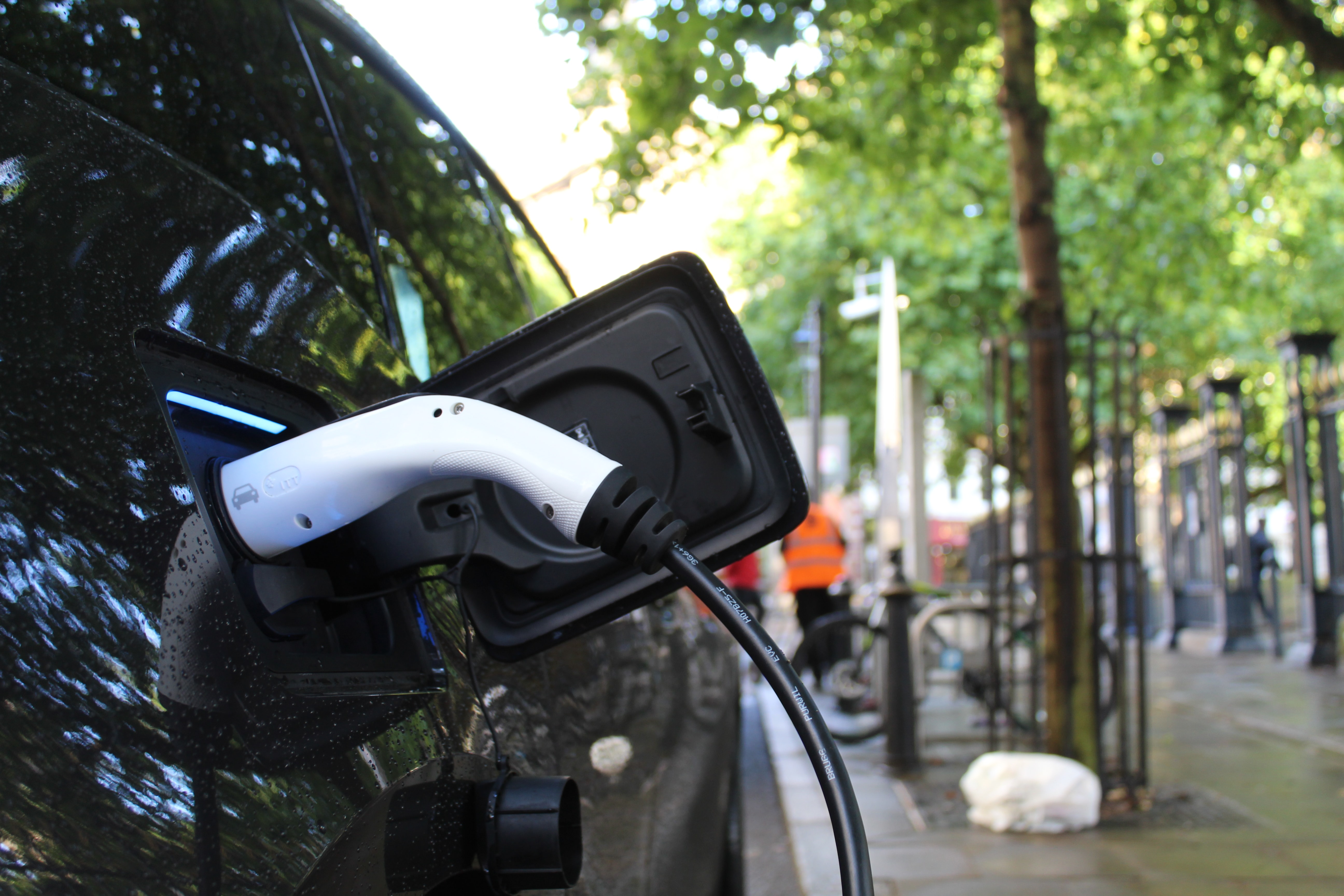(Arlen Hill) Where would you like to see new EV charge points?
Introduction
We are working to support a transition to zero emission vehicles (ZEVs) in London through the delivery of a reliable public network of electric vehicle charge points. In total London now has nearly 7,600 charge points – one third of of the UK’s total - however we need to rapidly expand this network even further, particularly in the outer London Boroughs which are currently significantly under-served.
The scheduled ban on the sale of new petrol and diesel vehicles has recently been brought forward by the Government to 2030 and will speed up the change to electric vehicles. In order for the public to have the confidence to make the transition from petrol and diesel to electric vehicles it is essential for a comprehensive network of charge points to be achieved as soon as possible.
A solid EV charging infrastructure, and an increased uptake in the use of electric cars, will be a significant step towards achieving the net zero emission targets supported by the Mayor of London and the majority of London boroughs. It will improve air quality and will be crucial in preparing London for the phase out of petrol and diesel cars and vans by 2030.
More Information

- Battery-electric vehicle (BEV) A vehicle powered only by electricity, also known as a ‘pure’ or 100% electric car. The vehicle is charged by an external power source, i.e. at a chargepoint. These vehicles do not produce any tailpipe emissions. Most battery-electric cars have a real-world range of 100-300 miles on a single charge.
- Plug-in hybrid electric vehicle (PHEV) This is a vehicle that has a battery, electric drive motor and an internal combustion engine (ICE). It can be driven using the ICE, the electric drive motor, or both, and can be recharged from an external power source. Typical PHEVs will have a pure-electric range of up to 50 miles. Once the electric battery is depleted, journeys can continue in hybrid mode, meaning that there is no range limitation. PHEVs are only efficient if they are charged regularly, otherwise they can be more expensive to run than a conventional petrol or diesel vehicle.
More Information

More Information


Public electric vehicle charging points increase convenience for electric vehicle owners and make electric vehicle ownership a possibility for people who do not have access to charging facilities at home.
